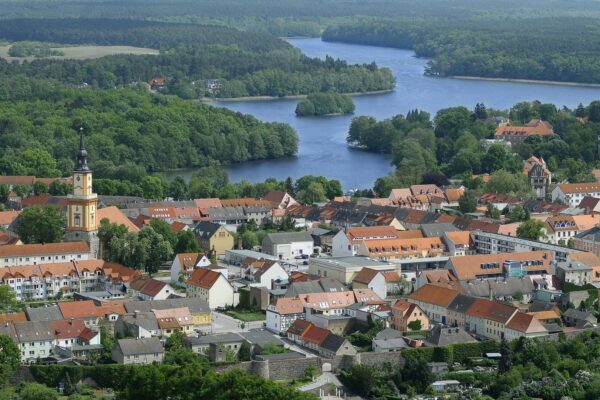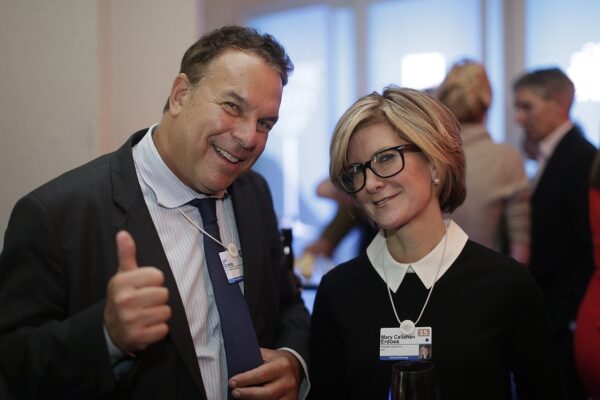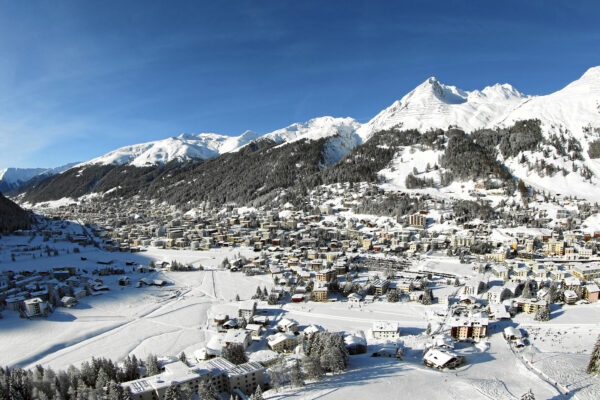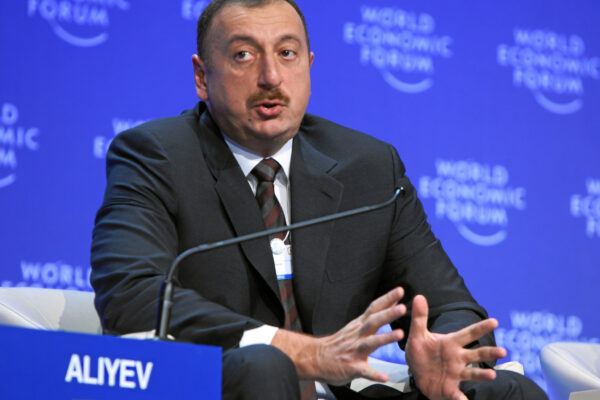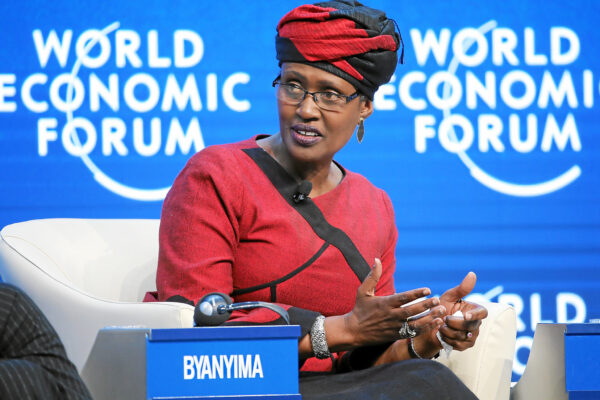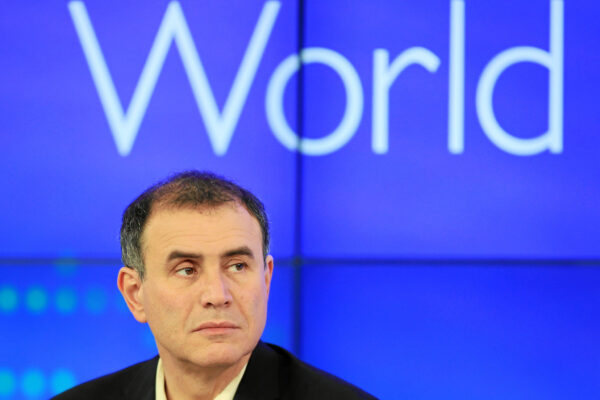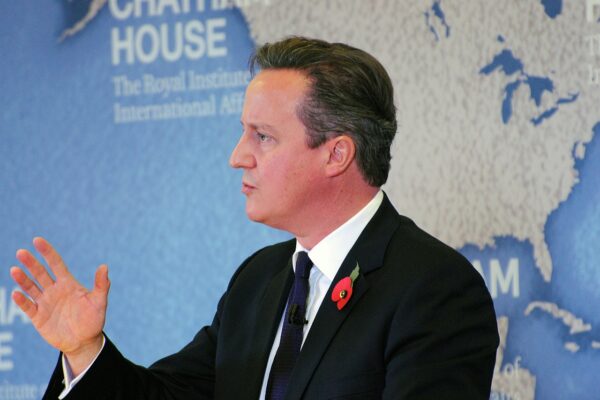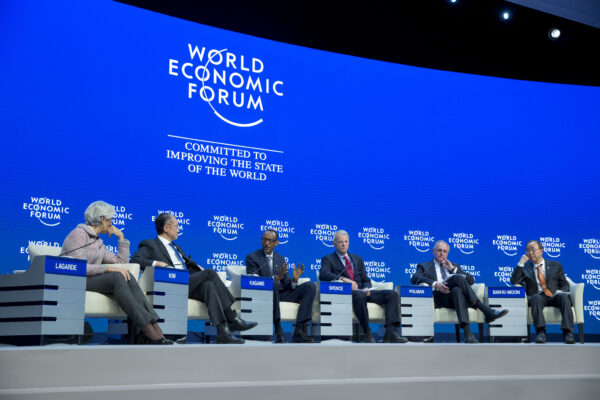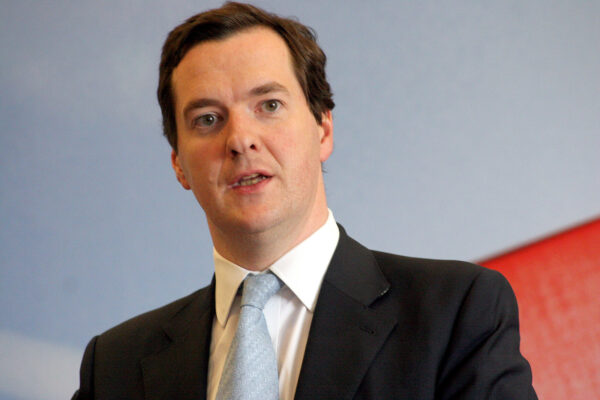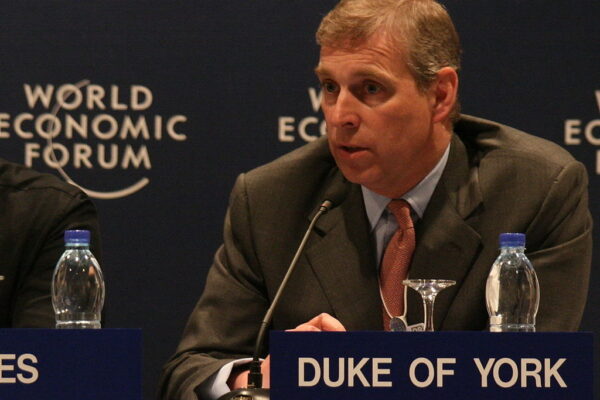Expanding the Legacy
wimromeijn
The Manifest Destiny of Angela Merkel
As the Greek debt crisis inches to its climax, the euro’s guardians soften their tone of voice; not quite so sure any longer that contagion – and financial Armageddon – may yet be avoided. Over the past few weeks, the assurances that Europe will be fine, should Greece decide to drop out, have been gradually replaced by appeals to common sense.
Less Is More and Other Wisdom from Davos
Less is more, and you better get used to it. That is the message US real estate tycoon Jeff Greene brought to the World Economic Forum (WEF) in Davos, Switzerland. One of the hundred or so billionaires to attend the annual powwow of the world’s decision makers, Mr Greene warned that Americans’ lifestyle expectation are too high: “These need to be adjusted so we have less and smaller things. We need to reinvent our whole system of life.”
Sharing and Caring in Davos
Over 2,600 of the world’s most notable people have ascended to Europe’s highest mountain town for a series of meetings that aim to address ‘key issues of global importance’. Nestled at 1,560 metres above sea level in a picture-perfect Alpine valley, Davos becomes the capital of the world for a few days each year as the town’s 11,000 or so inhabitants welcome heads of state and government, captains of industry, billionaires, and scores of other allegedly prominent people who arrive to deliver their take on global affairs.
Azerbaijan Making a Splash at WEF
One of the world’s fastest growing economies for ten years in a row, Azerbaijan is set to showcase its accomplishments and promising future outlook at the annual meeting of World Economic Forum starting tomorrow in Davos, Switzerland.
Davos: Income and Wealth Inequality to Top Agenda
On the eve of its annual flagship meeting in the Swiss Alpine village Davos, the World Economic Forum (WEF) has released a fourteen-point discussion paper on inclusive growth and the need to shrink the widening income gap. The forum calls on the world’s policymakers to refrain from ‘vaguely aspirational’ talk and tackle growing inequality in more ‘concrete’ ways.
Davos: Getting It Right Some of the Time
Davos - Pundits and assorted others in-the-know flock to the Swiss mountain village Davos in their hundreds on an annual pilgrimage that aims to explain the state of the world – invariable described as worrisome – and offers ways to improve matters – without fail rather impractical.
The Dark Side of the Prime Minister’s Miracle
Since the International Monetary Fund (IMF) ditched its one-size-fits-all approach, the economic guidelines dispensed by the organisation have become rather vague. On a visit to Britain, IMF Managing Director Christine Lagarde on Thursday surprised friend and foe as she lavishly praised British Prime-Minister David Cameron for his ‘eloquent and convincing’ economic leadership.
US at Davos as the New Emerging Market
The annual meeting of top businessmen, leading public officials, and a host of other VIPs in Davos usually sees emerging markets claim centre stage and draw attention to the marvels of their booming economies. Save for China, at this year’s Davos happening the world’s erstwhile movers and shakers are expected to tone down some.
Beyond the British Glitter
The UK economy may be growing at an impressive clip: the spurt is powered by borrowed money and, as such, akin to a bubble. The same holds true for the seemingly impressive economic performance of the United States.
Who’s Packing for Davos
The ultimate networking event is set to kick off in a week with a record-setting 2,633 participants. The World Economic Forum (WEF) today released its list of invitees the organisation hopes to welcome in Davos, the posh Swiss ski resort where the event unfolds annually since 1971.
Just Released

Africa AI Brazil Business Chile China Climate Corona Davos Debt Development Diplomacy Donald Trump Economy Elections Energy EU Europe Federal Reserve Finance France Germany HiFi History IMF Kamala Harris Military Monetary policy NATO Philosophy Politics Putin Russia Schwab Society South Africa Technology Trade Trump UK Ukraine UN US War WEF
